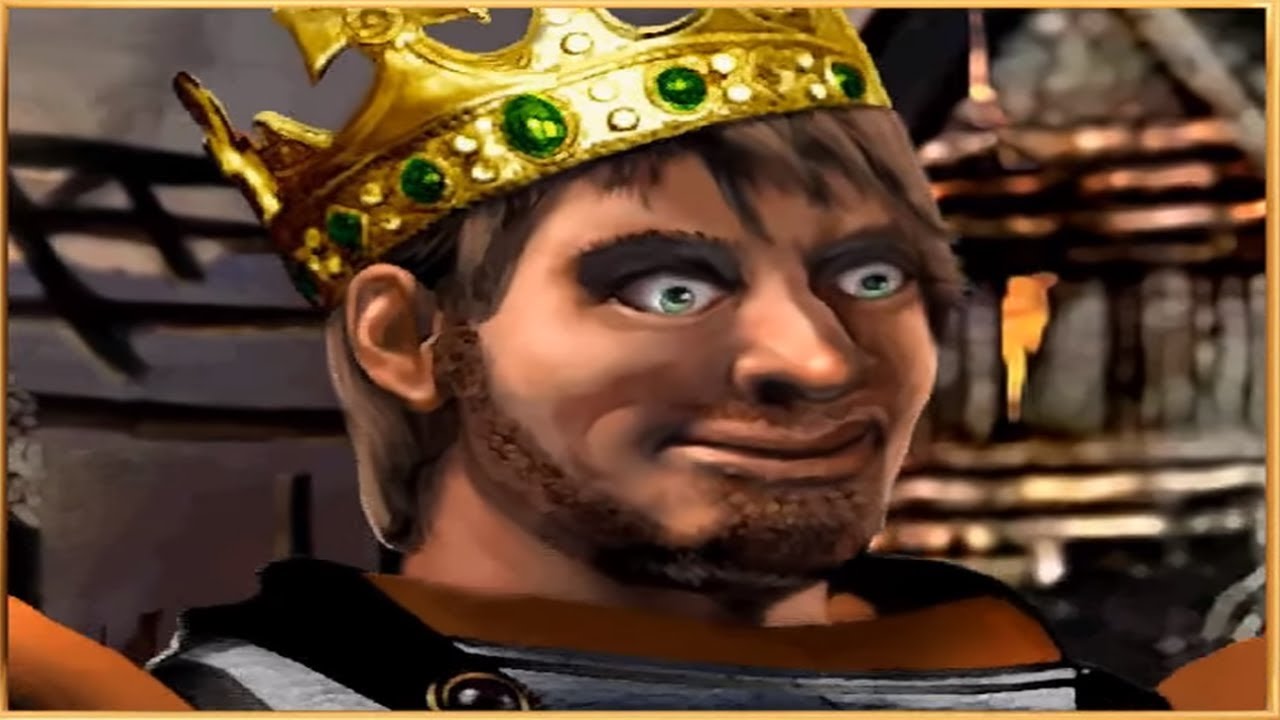The original meme is straight up Nazi propaganda. The Nazis and fascists in general are big on enforcing a correct view of what good art is. Anytime there is someone who has a very negative view of modern art beyond simply not caring for it, it’s a red flag. Those sort of people are either vulnerable to fascism or are already fascists.
It’s also bullshit, we still have “realistic” art, but we let people express themselves however they want nowadays. Whether that is by painting the beauty of human life or trying to capture feelings in geometric shapes is up to the artist. That’s a good thing. We don’t need to put down art we don’t vibe with, and nobody is forcing people to enjoy or relate to “modern” art.
(Also I just want to shake every person who says “tHiS Is nOt ArT” about some piece they don’t like because oh my god art is whatever you want it to be and doesn’t follow some set of rules)
I’m so glad we are reposting trash takes from Reddit under the guise of shitposting
Black square was painted by Malevich around 1915.
In Europe, the Dada (1916) and Surrealist (1920) movements began as a response to WWI. The atrocities committed during the war devastated humanity to the point where artists couldn’t (or wouldn’t) depict the human form, let alone realism.
Source: Art History nerd 🤓 The thing your post is trying to disparage, haha.
Would you recommend any good podcasts on dadaism/art history in general? Looking for a kind of In Our Time/Revolutions kind of vibe where there’s less humour (but not necessarily humourless) and where it’s relatively planned out/scripted.
Bro, what is this? The Nazis banned everything that was even close to expressive in Germany calling it degenerate. I don’t even now if they allowed impressionist art tbh. So art as in the bottom of your picture did exist before WW2. Heck, Expressionism started before WW1.
Two things in special are, in my opinion, the reason for the change in style. First, the invention of photography, that freed painters from the responsibility of capturing reality. The second, the advanced on chemical processes that made color paint cheap and affordable and let painters experiment with colors that were limited to only the elite artists before.







